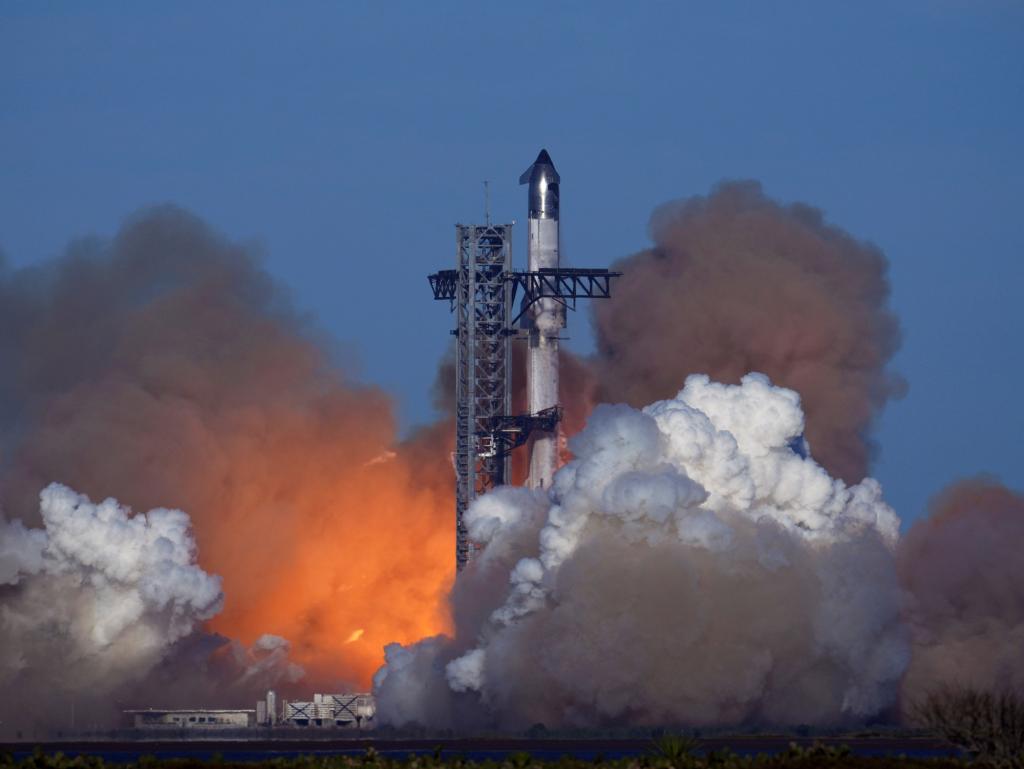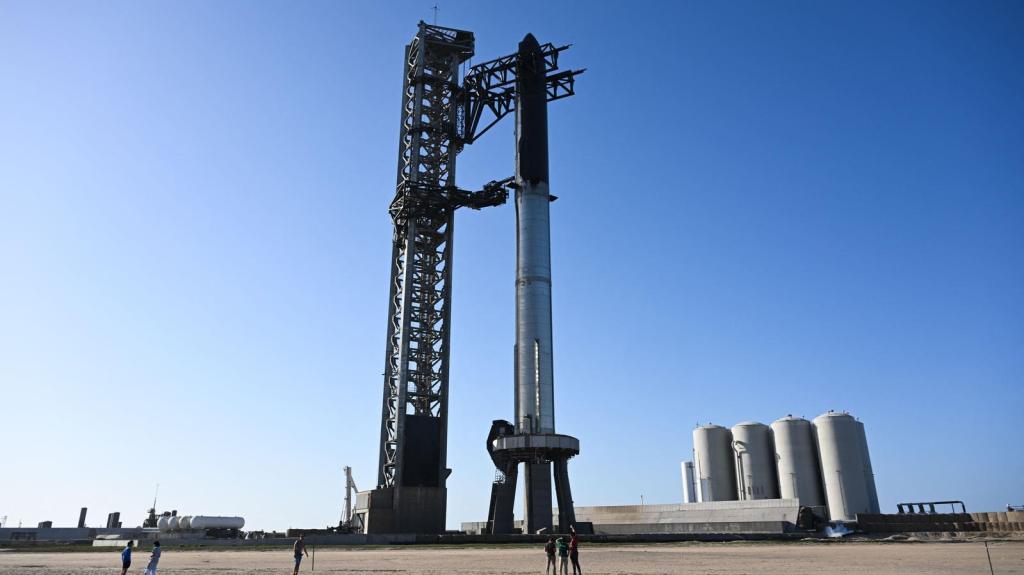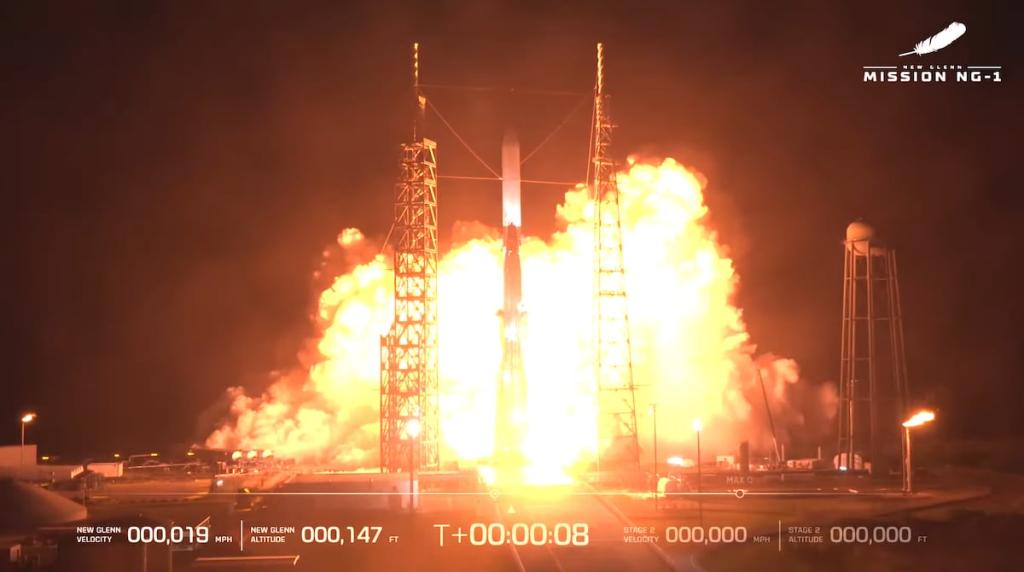Space One's Rocket Launch Failure and Future Aspirations
Discover how Space One's recent rocket launch failure highlights challenges and aspirations within Japan's growing private space industry.
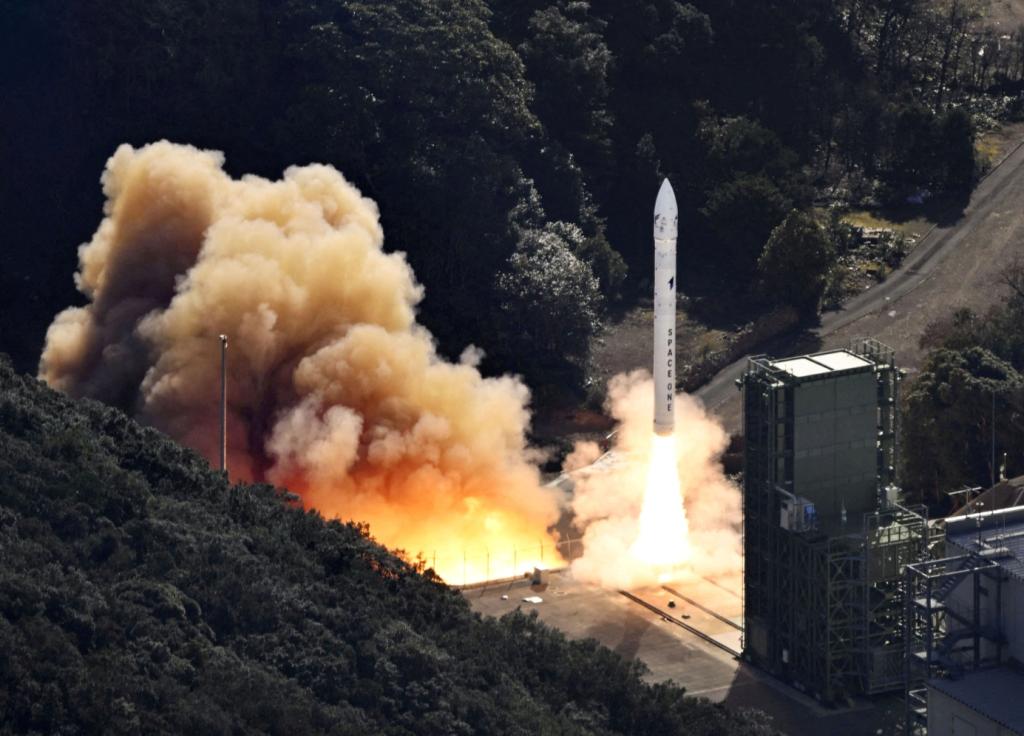
Key Points
- Space One's second rocket launch attempt ended in failure, emphasizing the challenges faced by Japan's private space industry.
- The company remains optimistic, viewing setbacks as opportunities to gather valuable data for future successes in satellite launches.
- Japan aims to establish a competitive private space sector, following the model of global leaders like SpaceX
, with ambitions for frequent and affordable launches.
In an exciting yet challenging chapter for Japan's burgeoning private space industry, Space One's second attempt to launch its solid-fuel Kairos rocket ended in failure, just minutes after liftoff. The company aimed to become the first private entity in Japan to place satellites into orbit, a significant milestone that reflects the global push towards commercial space exploration. However, the recent setback is a reminder of the complexities and risks inherent in aerospace endeavors.

The Launch Attempt
On December 18, the Kairos No. 2 rocket lifted off from Spaceport Kii in
, Japan, carrying five small satellites, including one from the Taiwan Space Agency. Initial reports indicated that the rocket appeared to be flying normally; however, about two minutes into the flight, it began to lose control and spiraled downwards. Space One activated its autonomous safety mechanism, resulting in the rocket's self-destruction. This marks the second consecutive launch failure for Space One, following a previous incident in March where the first Kairos rocket exploded shortly after liftoff.
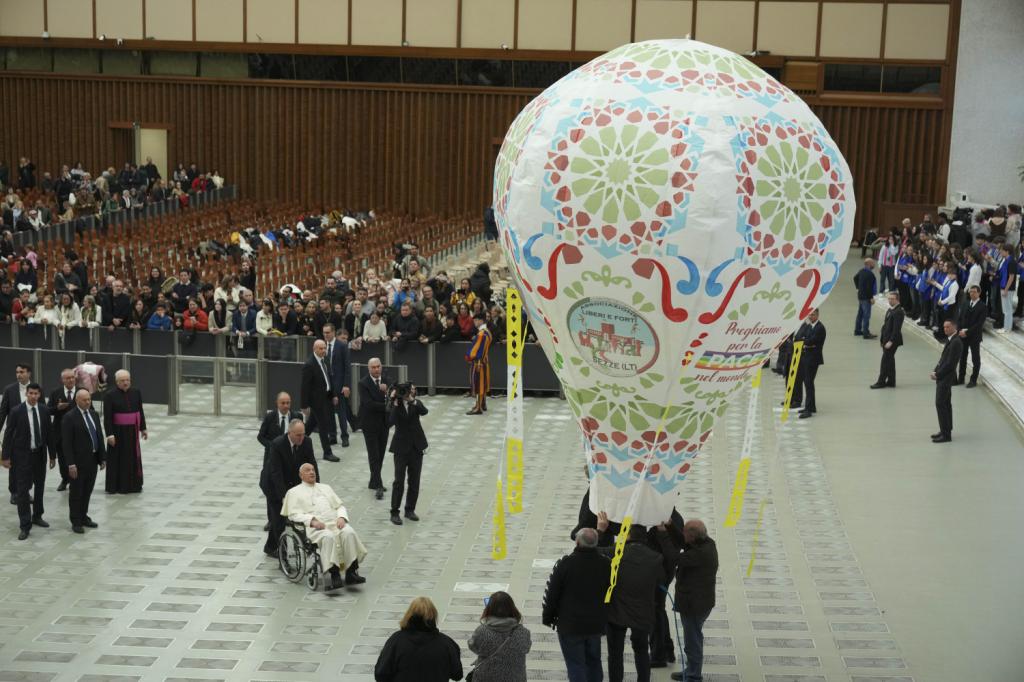
Lessons Learned from Failure
During a press conference following the launch, Space One's president, Masakazu Toyoda, emphasized that the team does not view the failed launch as a complete failure. “We believe that the data and experience gained… is extremely valuable and we think they will be useful for the next challenge”, he stated. This outlook is essential in the high-stakes world of aerospace technology, where each setback can serve as an invaluable learning opportunity.
Space One's journey is not just about this one launch attempt; it is indicative of a broader movement within Japan to foster a competitive private space industry. Founded in 2018, the company received significant financial backing from heavyweights like Canon Electronics and
, aiming to establish a reliable and affordable satellite launch service. This could potentially lower costs and increase the frequency of launches, with aspirations to launch up to 30 rockets per year by the 2030s.

The Path Forward
Looking forward, Japan's space aspirations are tied closely to developments within established agencies like the
(JAXA). Japan has made significant strides in its space endeavors recently, celebrating a successful unmanned probe landing on the Moon. However, JAXA's own H3 rocket system faced previous launch delays, underscoring the challenges that all players face in this competitive field.
Space One's ambitions to disrupt the market by providing cost-effective satellite launching services find parallels with global players such as SpaceX, which has transformed the economics of space travel. Yet, with innovation comes the unavoidable risk of failure. The space industry is notoriously unforgiving, made clear by recent events that emphasize a collective commitment to address problems swiftly and learn from past errors.

Conclusion
Space One's second launch attempt may have ended in disappointment, but it signifies a crucial step toward building Japan's private space sector. By staying resilient in the face of challenges, the company and the industry at large are poised to leverage their experiences and data from failures to inform future successes. With collective enthusiasm and innovative spirit, Japan's ventures into space exploration will surely continue to inspire as they strive for progress in this exciting frontier.

